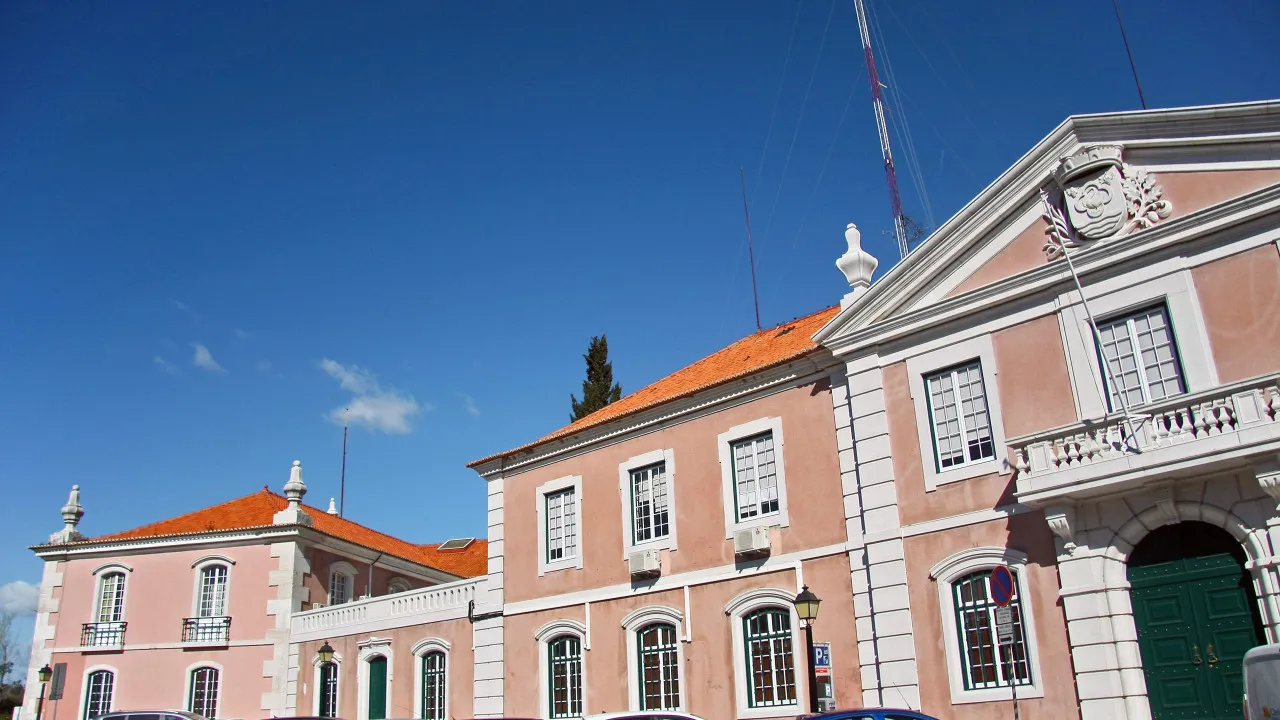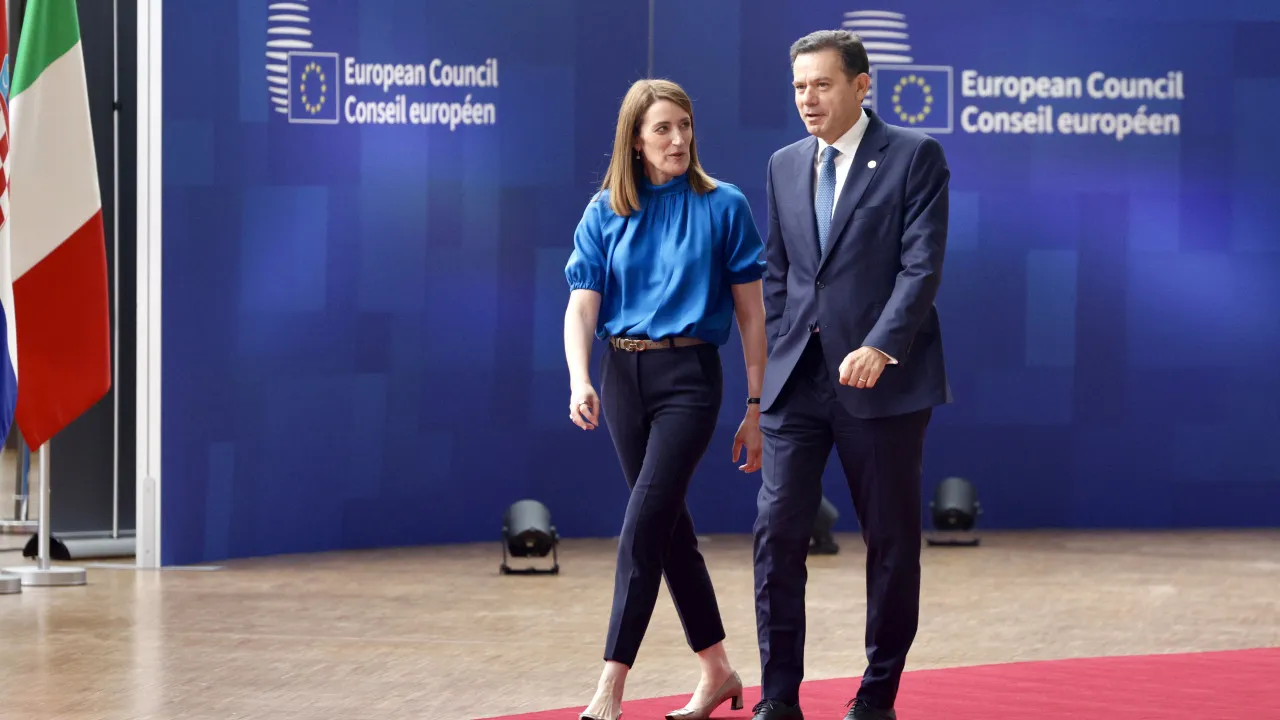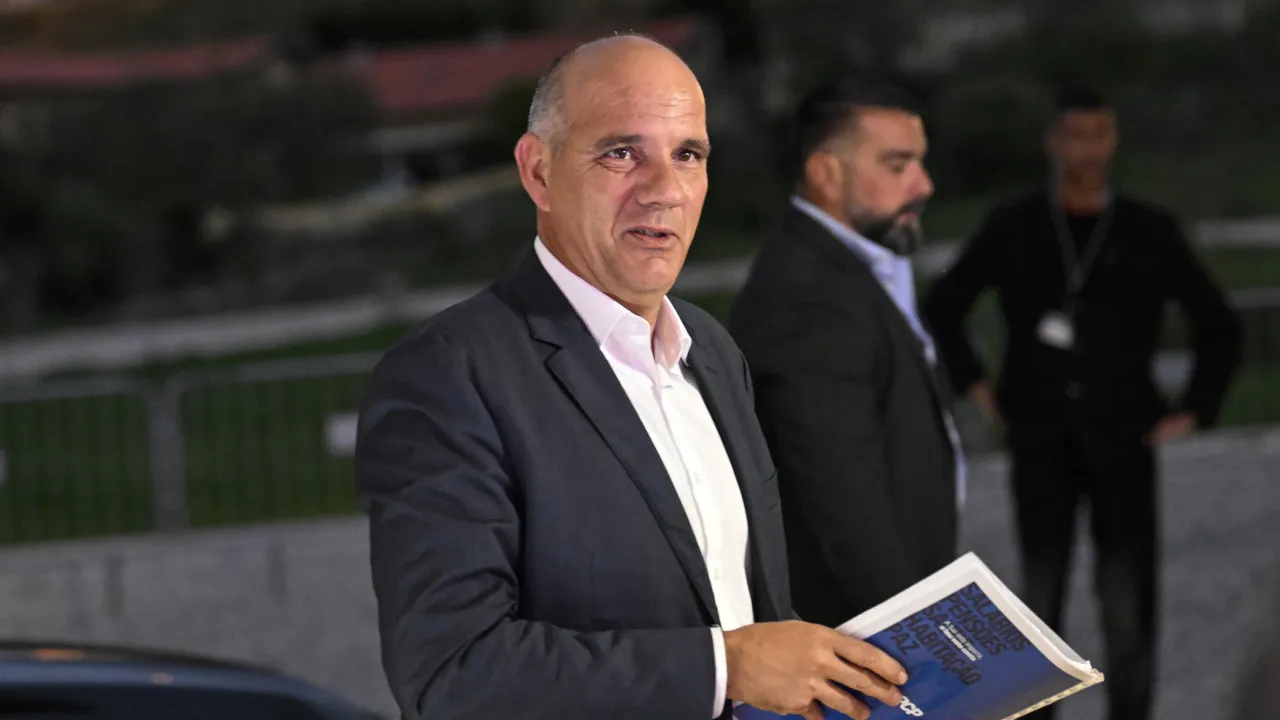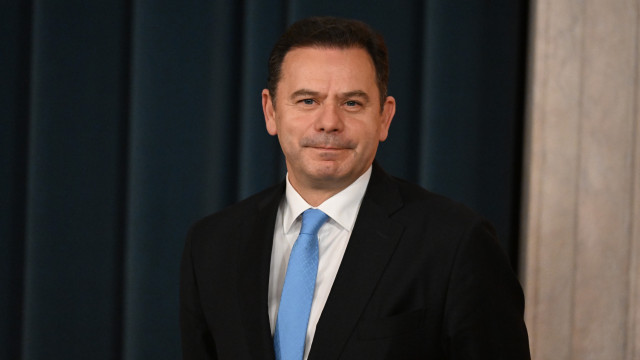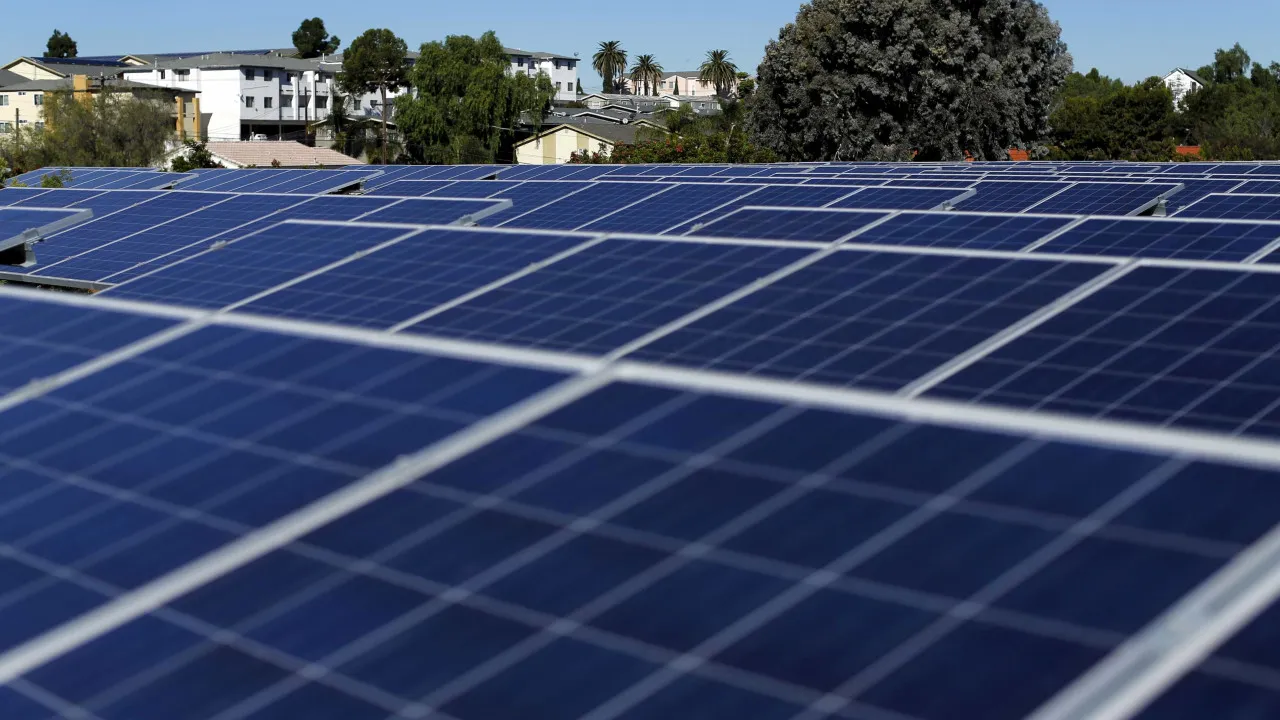
On the eve of World Refrigeration Day, the environmental association Zero emphasizes that starting July 1, Portugal will cease applying the reduced VAT rate of 6% on equipment exclusively or mainly designed for harnessing and utilizing solar (such as photovoltaic panels), wind, geothermal, and other alternative forms of energy like heat pumps or air conditioning. Instead, a standard rate of 23% will be levied.
In light of this anticipated increase, the association deeply regrets the lack of a green and coherent fiscal policy aligned with Portugal’s emission reduction and climate adaptation goals, asserting that the country is moving contrary to the European Union’s path.
Zero believes this VAT change represents a significant fiscal setback, potentially undermining the nation’s efforts in transitioning to renewable energy and reducing greenhouse gas emissions, in addition to hindering families’ access to improved thermal comfort and a decreased impact on public health during heatwaves and cold spells.
The association criticizes that, instead of reinforcing efficient, low-emission solutions like heat pumps, the country is experiencing an increase in VAT on energy-related equipment and a lack of a coherent national plan both technically and financially accessible to families.
The association states that this measure threatens to discourage investment in essential technologies for modernizing climate systems, complicating the fulfillment of national and European climate targets.
Zero highlights, in a statement, that in Portugal, the National Energy and Climate Plan (PNEC 2021-2030) includes goals for decarbonizing the residential sector, emphasizing heat pumps as crucial technology for electrifying heating and cooling, reducing fossil fuel use, and increasing energy efficiency.
The environmental association further criticizes that climate support programs in Portugal continue to exhibit structural flaws that compromise the effectiveness of the energy transition, with one major hurdle being the lack of effective communication, particularly among the most vulnerable groups, thereby impeding awareness and access to available measures.
Another significant issue it points out is the relatively low amount of financial contributions offered.
Zero emphasizes that besides fiscal barriers and the fragility of financial supports, Portugal also faces a significant deficit of qualified professionals in sustainable climate control.
The shortage of technicians and electricians with specific training in the installation and maintenance of efficient and low-climate-impact systems hinders the implementation of the energy transition in the sector.
In light of this situation, Zero calls on political parties to reverse the decision made during the 2025 State Budget approval process and, ultimately, for this drastic and incongruent VAT increase to return to the current rate by January 1, 2026.
It is essential to reverse the VAT increase on efficient energy equipment and investment in renewable sources and to ensure adequate and accessible financial supports for building renovations and the adoption of energy-efficient climate technologies, it argues.
Zero also urges the Portuguese Environment Agency (APA) and the Climate Agency to lead the definition and implementation of a coherent and ambitious national strategy for greater sustainability in the Heating, Ventilation, and Air Conditioning (HVAC) sector.

